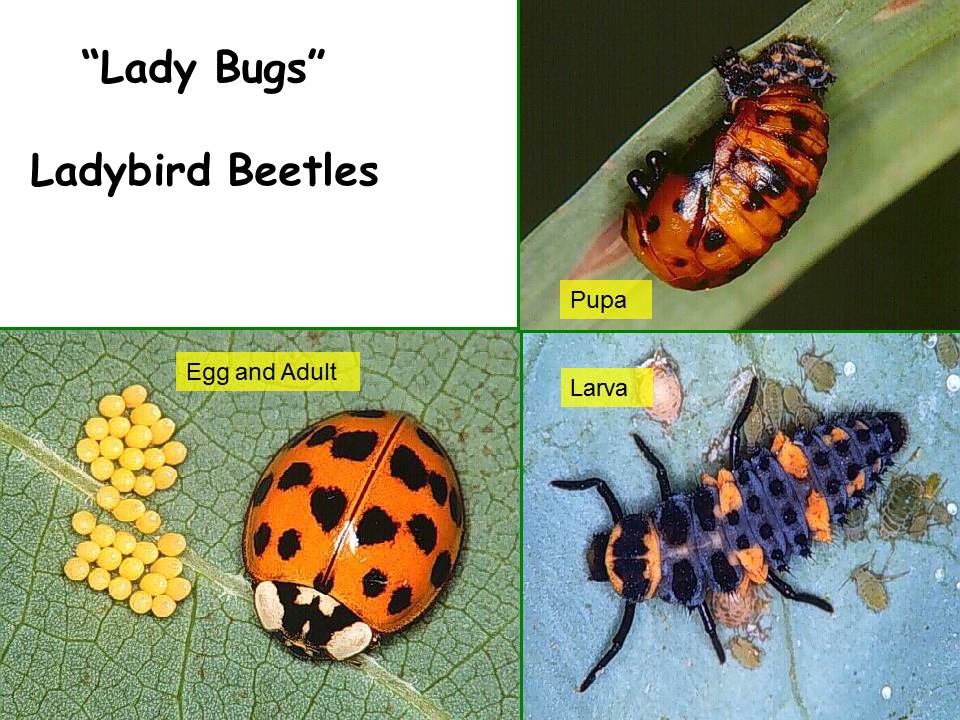Pesticides are greatly misunderstood by many and incorrectly used by some. Do we need to use pesticides at all in the vegetable garden? I know many of you just jumped on this question with a resounding “NO!” You could be wrong, but chemical pesticides are not the first thing to reach for when you see an insect in the vegetable garden.
The first thing you should do is identify the insect. Less than 1% of all insects are pest insects. They earned that title because they can cause harm to your vegetables, to you or to your pets. That means over 99% of insects are beneficial, helpful or harmless. So you must know the bad insects from the good insects. If you make a mistake and kill the beneficial and helpful insects, you must do their job until their numbers recover enough to resume their good work.
If you have an insect that you don’t know if it is good or bad, contact your local UF/IFAS Extension office. There is one in every county in the State of Florida. You can bring the insect to the office in a small container with alcohol. In the present day of Social Distancing, you can email a picture to (your county)@ifas.ufl.edu; expect an answer in two days.
As an example, can you recognize a lady bug (lady bird beetle) in all four stages of growth? It is an insect that goes through complete metamorphosis to complete its life stages: egg, larva, pupa and adult.
I have had many new vegetable gardeners kill the larva stage just because they did not know.
So, identify the insect first. Once you determine that it is a pest insect, you need to decide what needs to be done. Is the insect going to eat or damage the vegetable you are going to harvest? If it is not, then you really don’t have to do anything but live with the insect. An example would be the leafminer on a tomato leaf. The squiggly lines on the leaf are “mines” the insect has made, but it is not spreading a disease or going to eat/damage the tomato that is nearby. For other than aesthetic reasons, leave it alone.
If you decide the pest insect is going to eat/damage the vegetable you are going to harvest, then you need to decide if you want that vegetable that much or you can just let it go this season. If you decide that you can’t let it go, then you need to decide how you are going to remove the pest insect from your garden. Hand picking is a very good method and you can probably hand pick up to 80% of the pest insects in your garden once you get over how the insect feels. Once you have hand-picked it, you can toss it into a container of soapy water and be done with it.
Consider using a safe, effective and low toxicity pesticide for the many smaller soft-bodied pest insects (aphids, mealybugs, soft scale and whitefly) that are too numerous or too small to get a grip on. Since they are soft-bodied, a commercial insecticidal soap will go a long way in reducing their numbers in the garden. The soap must be applied directly to the pest insects to be effective. For more information about “Managing Plant Pests with Soaps” see: https://edis.ifas.ufl.edu/pdffiles/IN/IN124800.pdf.
You should not be making your own home remedies from dish liquid soap and water. First of all, you do not know what the chemicals are that make up your dish liquid soap, so you don’t know if it is strong enough to kill the soft-bodied pest insects or strong enough to kill your vegetable plants. There is nothing on that dish liquid soap label that will tell you how to safely mix it for insect control or how to protect yourself from the effects should you spray it on yourself.
Caterpillars of moths and some butterflies are real problems in the vegetable garden. They eat everything — leaves, stems, fruit, flower, etc. You may wish to consider another safe, effective and low toxicity pesticide for their control. Products that contain Bacillus thuringiensis (Bt) will control caterpillars and not harm other insects, both pest and beneficial.
Hand picking, commercial insecticidal soaps and Bt will go a long way to control many of your vegetable garden pests. However, there are two groups of pest insects that you may want to control fast with a chemical insecticide: beetles (Flea beetles, Bean beetles, Potato beetles) and true bugs (Stink bugs, Leaf-footed bugs, Harlequin bugs). They are larger insects and can cause a lot of damage in the vegetable garden. There are no effective, low toxicity insecticides for these pest insects. Always read and follow all label directions to get the best results from pesticides. Many of them now carry a “Bee-Friendly” warning that cautions you about when to apply the pesticide if bees are around.
 0
0

